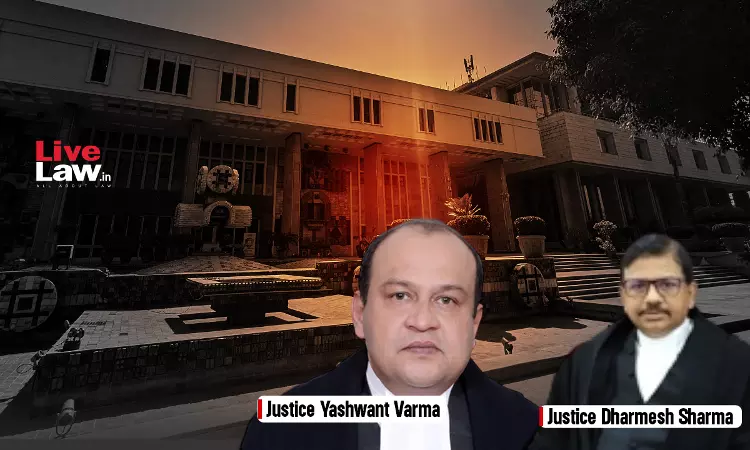The Delhi High Court has held that Section 159 of the Income Tax Act can be invoked to proceed against the legal representative of an assessee, only in cases where the reassessment notice was issued to the assessee during his lifetime, not after. When a person dies, the provision makes his legal representative liable to pay any sum which the deceased would have been liable to pay if...

